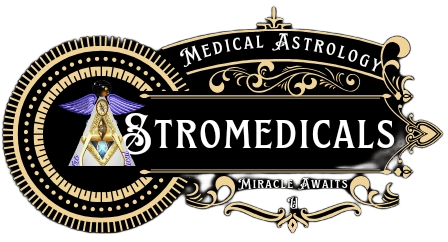Modern medicine refers to the current state of medical knowledge, techniques, and technologies that are used to understand, diagnose, treat. Prevent diseases and improve overall human health. It encompasses a wide range of disciplines, including biology, genetics, pharmacology, biochemistry, physiology, and more.
Here are some key aspects of modern medical science:
Advanced Diagnostic Techniques:
Medical science has developed numerous sophisticated diagnostic tools and techniques that allow healthcare professionals to identify and evaluate various diseases and conditions accurately. These include medical imaging technologies like X-rays, CT scans, MRI scans, and ultrasound, as well as laboratory tests and genetic screening.
Improved Understanding of Diseases:
Over the years, medical science has made significant progress in understanding the underlying causes and mechanisms of diseases. This knowledge has helped researchers and healthcare professionals develop targeted treatments and prevention strategies for various illnesses, ranging from infectious diseases to chronic conditions like cancer, diabetes, and cardiovascular diseases.
Pharmacological Advancements:
The field of pharmacology has witnessed remarkable advancements, leading to the development of a wide array of effective medications. Pharmaceutical research has resulted in the discovery of new drugs, improvement of existing drugs, and the development of targeted therapies such as immunotherapy and gene therapy.
Minimally Invasive Procedures:
Modern medical science has enabled the development of minimally invasive surgical techniques. These procedures involve smaller incisions, reduced tissue damage, and shorter recovery times compared to traditional open surgeries. Examples include laparoscopic surgery, robotic surgery, and catheter-based interventions.
Personalized Medicine:
Advances in genomics and molecular biology have paved the way for personalized medicine. This approach considers an individual’s unique genetic makeup, lifestyle factors, and environmental influences to tailor medical treatments and interventions to their specific needs. Personalized medicine has the potential to improve treatment outcomes and reduce adverse effects.
Digital Health Technologies:
The rise of digital health technologies has transformed various aspects of healthcare delivery. Electronic health records (EHRs) have improved information sharing among healthcare providers, telemedicine allows remote consultations and diagnosis, wearable devices enable real-time health monitoring, and artificial intelligence (AI) algorithms assist in disease diagnosis, treatment planning, and research.
Preventive Medicine and Public Health:
Medical science has placed increased emphasis on preventive medicine and public health initiatives. This includes vaccination programs, health education campaigns, population-level disease surveillance. Policies aimed at reducing risk factors such as smoking, poor nutrition, and sedentary lifestyles.
Collaborative Research and Global Collaboration:
Modern Medicine is a highly collaborative field where researchers, scientists, and healthcare professionals. Worldwide work together to advance knowledge and tackle global health challenges. International collaboration promotes the sharing of resources, expertise, and data, leading to faster progress in medical research and improving healthcare outcomes on a global scale.
It is important to note that medical science is an ever-evolving field, with ongoing research and discoveries. New technologies, treatments, and approaches continue to emerge, driving advancements in medical care. Improving the overall well-being of individuals and populations.






